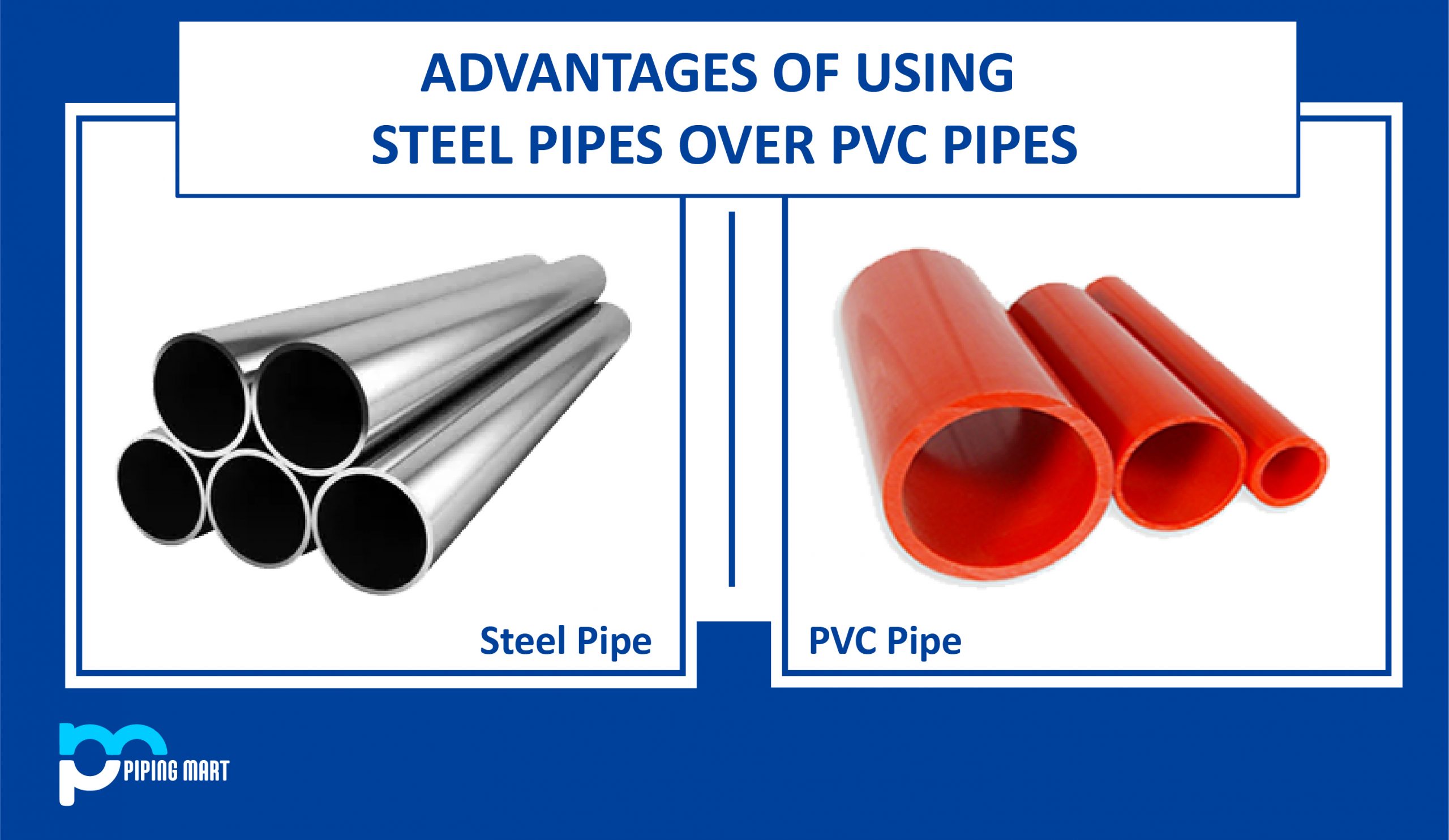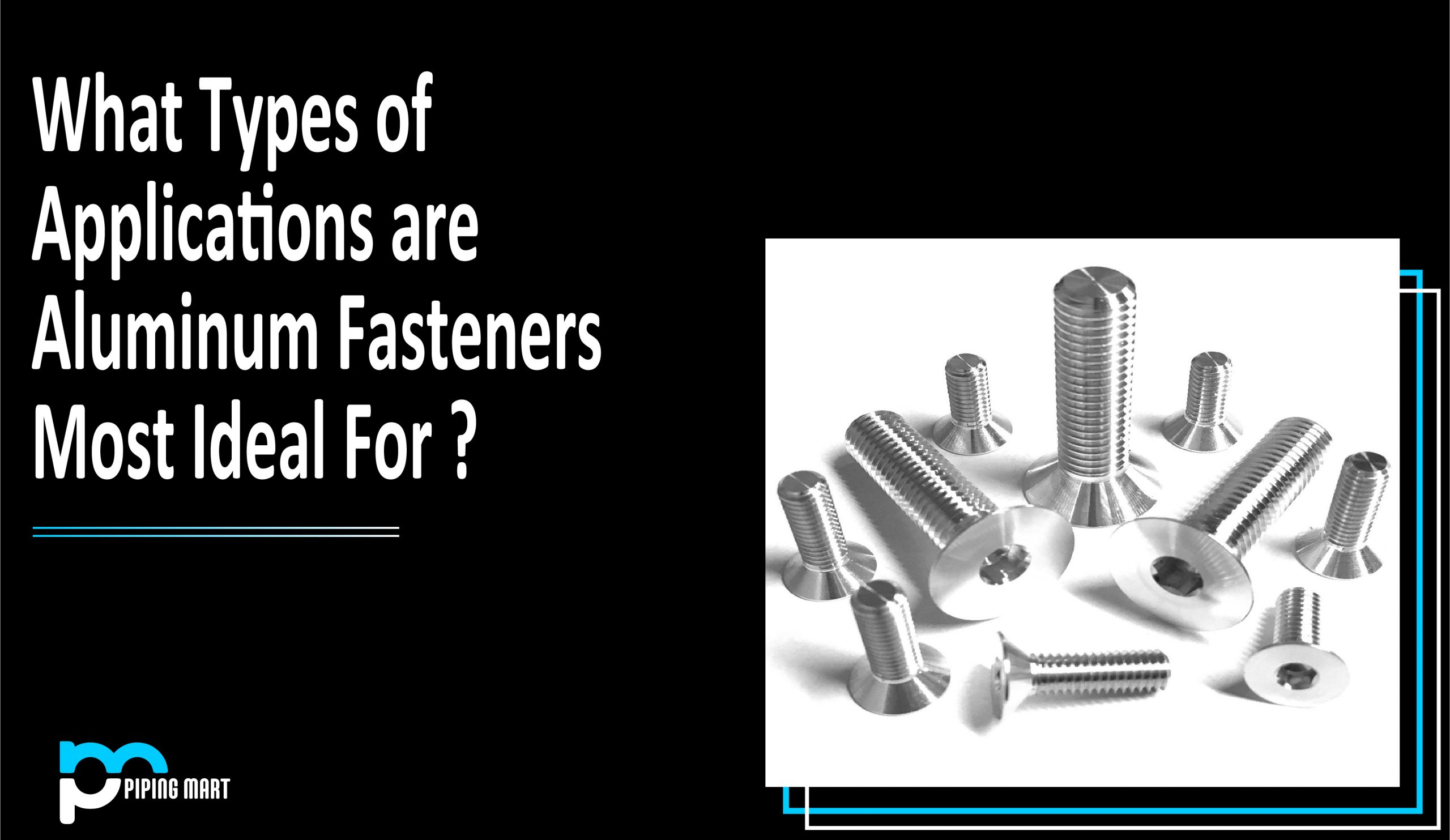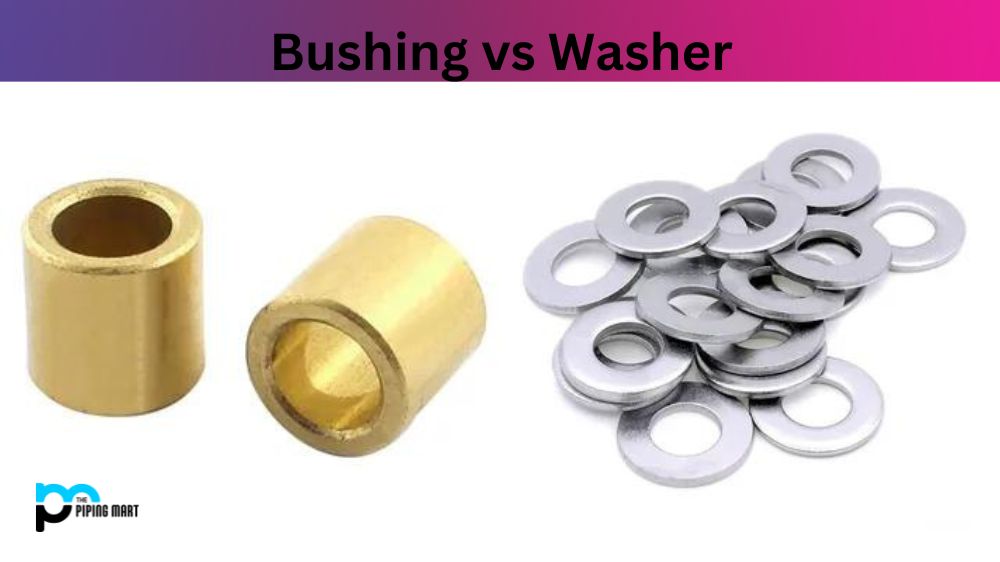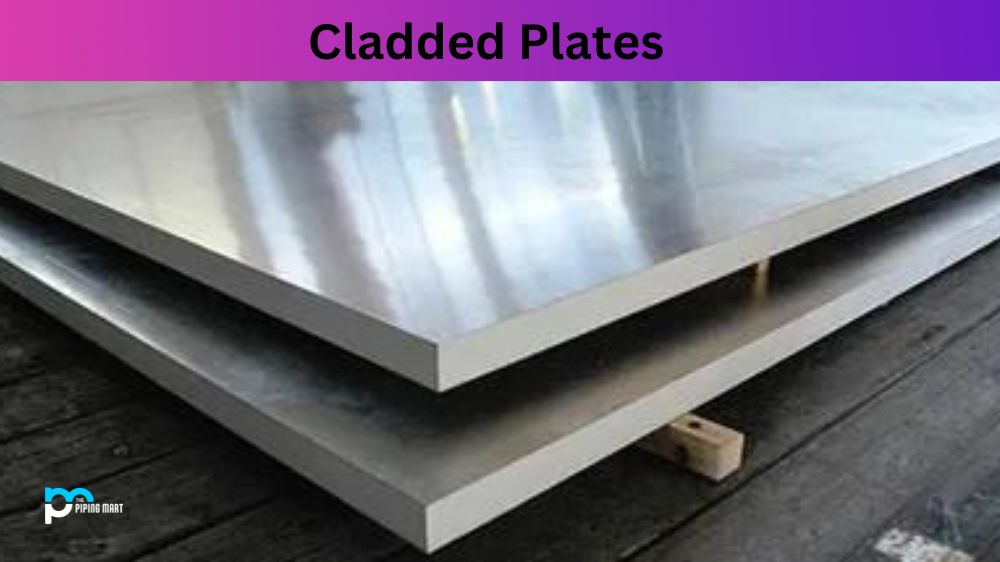Advantages of Using Steel Pipes over PVC Pipes
- Strength
- Durability
- Heat resistance
- Sizing
- Application
- Cost
- Versatility
Buildings rely on their pipe matrix to maintain everything in working condition. These structural materials are in charge of plumbing and HVAC systems, which serve to regulate temperature and permit fluid conveyance in a space. When deciding between steel pipes and PVC pipes, it is important to understand the properties of the steel and plastic materials. Though each of these pipe classes has merits, steel’s qualities make it more suited for pipeline applications. Continue reading to find out more.
Strength
When it comes to selecting pipes, the strength factor is essential. This impacts not just how long the pipe will last, but also its resistance to harsh circumstances. Due to their material, steel pipes are often regarded as being stronger than PVC pipes.
When using stronger pipes, just minor maintenance is necessary to keep the pipe in excellent operating order. Heat treatment procedures used in the post-processing of steel pipes, notably cold-working, change the grain structure of the material, giving it a greater tensile strength rating. Leaks, pitting corrosion, and burst pipes are significantly less common in steel pipes than in PVC pipes.
Durability
They are more durable than steel pipes because of their robustness. Nowadays, the most popular piping systems for buildings or residential areas are built underground. These metal products must be capable of sustaining other above-ground buildings, and they must be durable enough for that.
Steel, instead of cracking, can bend and keep its shape in the face of vibrations or pressure. On the other hand, PVC pipes may get deformed over time due to their inability to withstand the pressures and vibrations they are exposed to. Building owners would profit more from steel pipes since they would not have to worry about resolving piping issues such as blockages and leaks.
Heat Resistance
In comparison with PVC pipes, active steel pipes offer a better heat resistance rating. As a result, it should come as no surprise that these pipes may also be utilized for other reasons, such as petrochemical activities.
Because of the extreme nature of these activities, petrochemical pipelines must consistently tolerate high pressures and intense temperatures. Steel pipes are a brilliant option for this reason alone since they can withstand hot temperatures without cracking. Meanwhile, PVC pipes are not a great option for the petrochemical sector since their utility is reduced. When exposed to temperatures of above 60 °C, they lose their usefulness.
Sizing
When it comes to creating various sizes and capacities of PVC pipes, manufacturers have restrictions. Because of this, contractors and builders may have challenges while dealing with PVC pipes – they will most certainly face limitations.
Contractors, for example, may need to acquire extra PVC to simply handle piping projects. Steel fabrication, in contrast to PVC pipe manufacture, is significantly less limited and more adaptable. Steel pipe manufacturers may provide a variety of diameters and lengths based on the use.
Application
Steel pipes, as previously stated, have a wide range of applications. They can be found not only in HVAC, plumbing, and petrochemical systems but also in functional and decorative structural works.
Steel pipes could also be used to construct pilings. Piling is typically used when the ground in building foundations is not strong enough to sustain a whole structure above it. The inclusion of steel pipes reinforces the soil, resulting in a more robust structural support.
PVC pipes, on the other hand, are not in the same condition. While they are a versatile solution for plumbing or electric wire housing, they are not suited for impact and load-bearing applications.
Cost
PVC pipes are more costly to make than steel pipes, especially when pre-cut by the manufacturer. Steel pipes are a considerably more affordable and cost-effective solution for buildings and other sorts of structures due to their widespread demand and production procedures.
PVC pipes, as you may have noticed, do not always have a high strength rating. When utilized in less-than-ideal conditions, they must be constantly uninstalled, disassembled, and replaced, which can be expensive for construction companies. Steel pipes, on the other hand, do not have the same drawbacks. Even with minimum upkeep, they may endure for a century.
Versatility
Lastly, as compared to PVC pipes, steel pipes are significantly simpler to install and layout. The latter can be complicated at times, making installation difficult. PVC pipe quality may not last, primarily if they require further fabrication or refurbishment.
Steel pipes may be worked around and heated endlessly without losing their quality. If post-processing is required, the material may readily handle the activity. They’re also significantly less bulky to deal with, making it easier for pipefitters to connect the pipe to other existing systems.

Pipingmart is B2B portal specializes in industrial, metal and piping products. Also, share latest information and news related to products, materials and different types grades to help business dealing in this industry.




